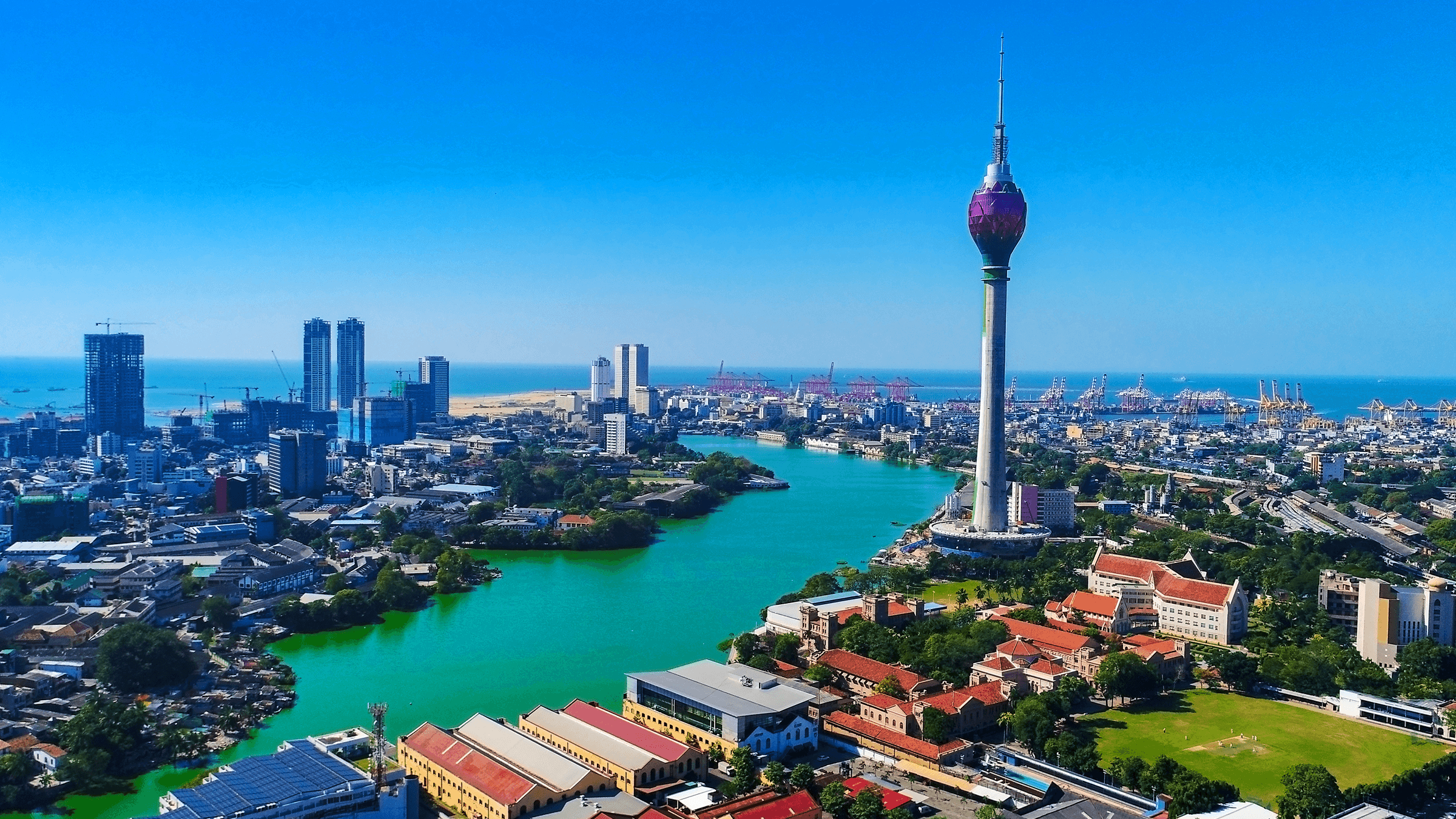I’ve been the editor at The MBS Group for the best part of four years. In this time, our working patterns have bounced from office working to home working and back again, before settling into the hybrid structure adopted by most desk-based businesses today. As if this hasn’t been enough adjustments already, in November I committed to a fourth new working pattern in as many years, when I made the decision to move with my partner to the south coast of Sri Lanka.
Over the past six months, I’ve honed my scooter riding skills, developed an insatiable taste for vegetable roti, and learnt a lot about how to navigate working from abroad. A large part of my role at MBS is speaking with and writing about consumer businesses, so it has been a particular pleasure to meet with those who are bringing fresh ideas to the Sri Lankan consumer scene. This weekend, I’ve returned to the UK for MBS’ annual company offsite, so it feels like a good time to reflect on this last period.
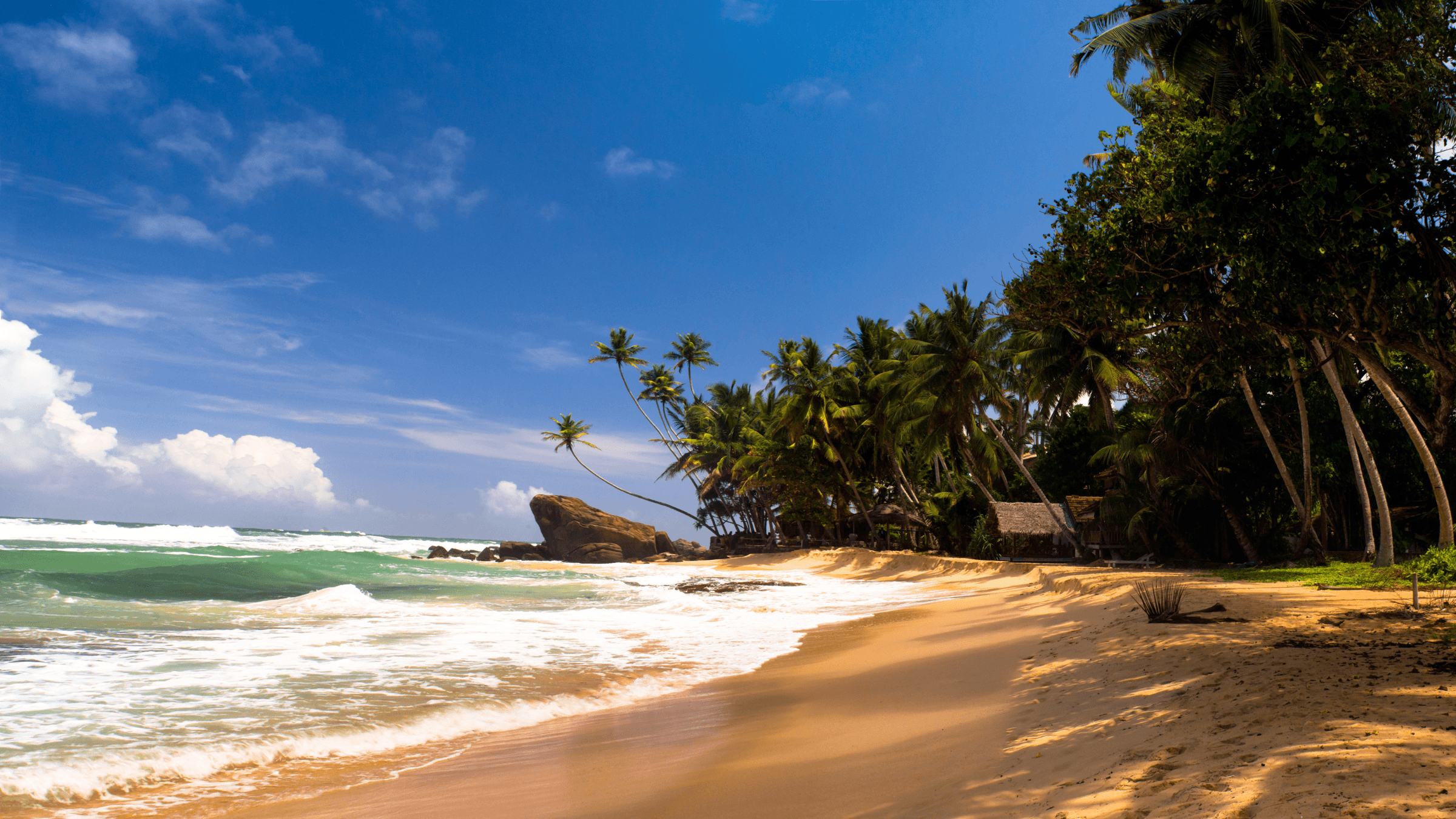
It was, admittedly, an interesting time to decide to move to Sri Lanka. After Covid-19, the country suffered a crippling economic crisis, which sent inflation up to nearly 80% and doubled the number of people living below the poverty line. The first half of 2022 was defined by day-long power outages, week-long fuel queues, and political unrest in the capital city of Colombo. But by November, despite continued horror stories in the British press, Sri Lanka was emerging from the disruption and keen to welcome back long-term visitors and tourists.
Unsurprisingly, a real highlight has been the food. Despite being a huge fan of South Asian flavours, I had had relatively limited exposure to the creamy prawn curries and spicy coconut sambol that make up Sri Lanka’s cuisine. Here, ordering rice and curry means being presented with five or more vegetable curries, bright yellow dhal, desiccated coconut mixed with onion, tomato and chilli (known as sambol), and a thick, crispy pappadam still glistening with oil from the frier. There’s also the choon paan – tuk-tuks fitted with glass cabinets, which trundle through villages and residential areas selling fluffy white loaves in the morning and sweet treats at tea-time. You hear them before you see them, as each of these bakeries on wheels blasts Beethoven’s “Fur Elise” from its rooftop speaker system.
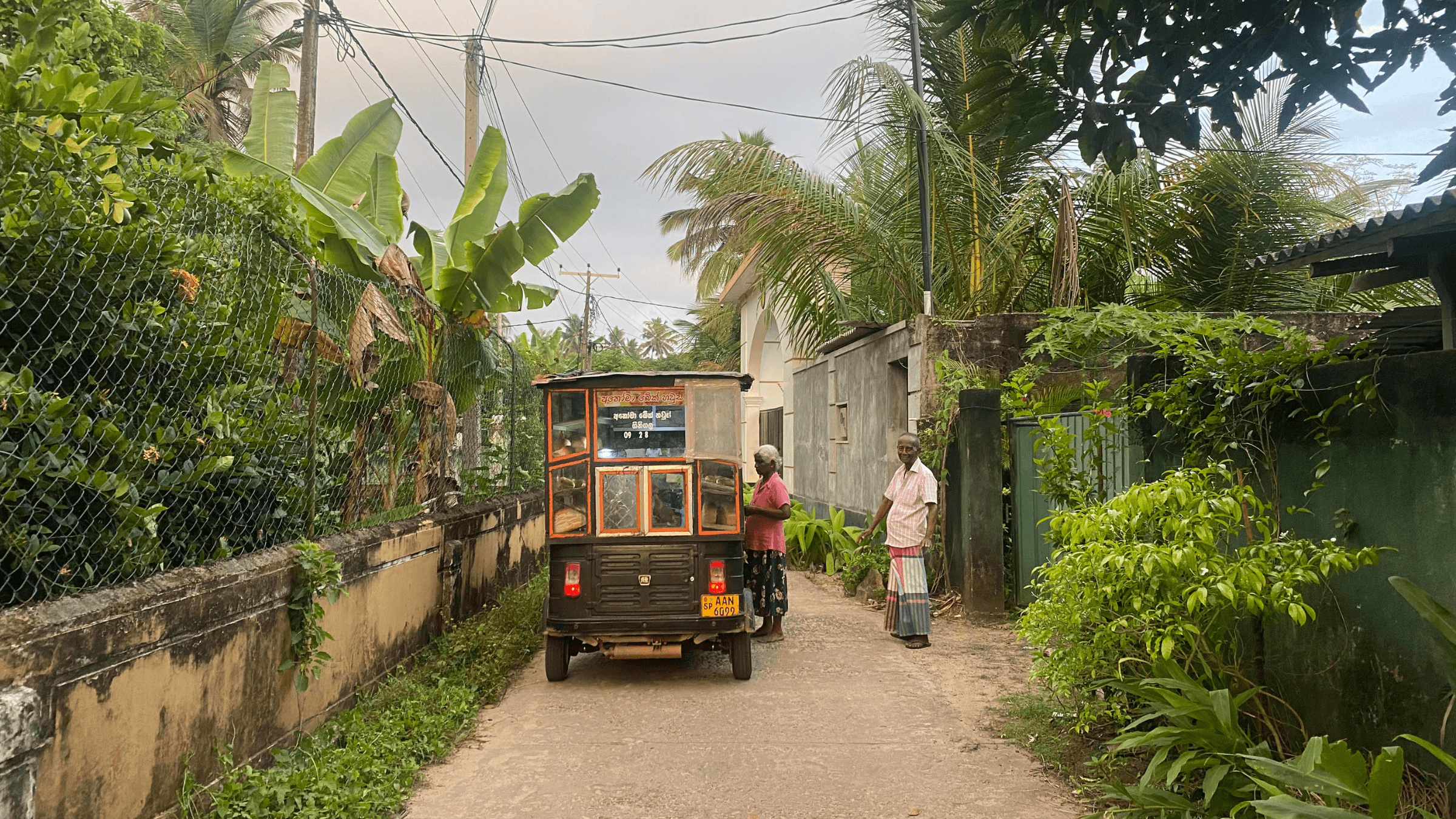
Alongside Sri Lanka’s traditional food scene is a gradually-increasing number of exciting new bars and restaurants. Smoke & Bitters, which was launched in 2019 by Don Ranasinghe and Lahiru Perera, is a prime example. The tiki bar-cum-smokehouse is home to some of the best meat dishes on the island, and some of the best cocktails. Sat on a hillside overlooking the sea in the surfing village of Dickwella, Smoke & Bitters is a perfect sunset spot, attracting dozens of guests from all over the island every night.
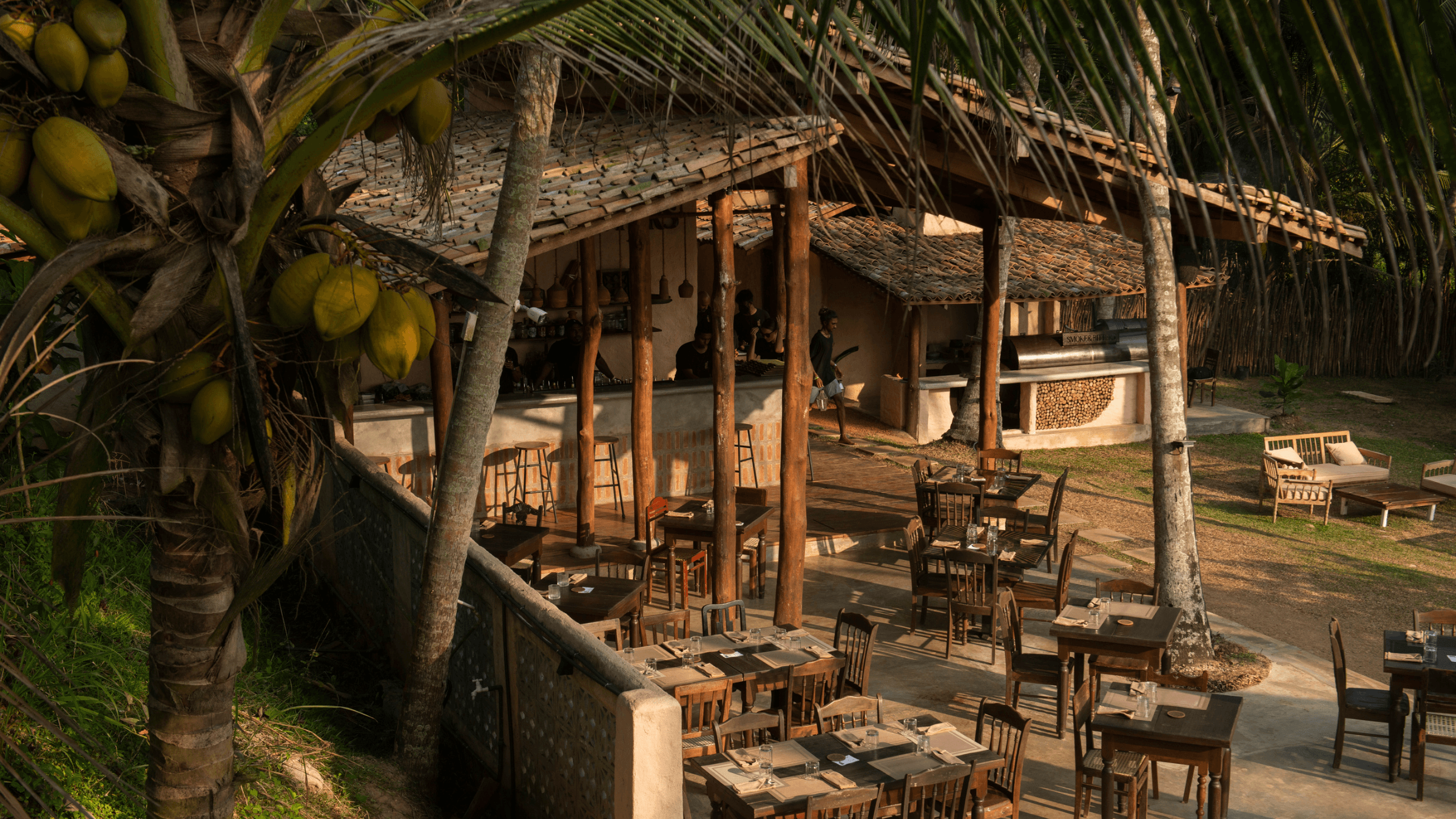
“From a food perspective, we wanted to modernise what was already happening, riffing off the wood-fire ovens in a traditional Sri Lankan kitchen,” Don told me when we caught up this week. “When it comes to drinks, we know that cocktail culture is bred in the cities, but your average consumer in Colombo doesn’t want to drink local spirits like arrack. Our aim was to change the way people think about local ingredients, and move the conversation about Sri Lankan F&B forward.” Smoke & Bitters is doing just that, utilising primarily house-made ingredients, creating from scratch the syrups, bitters and liqueurs which make up the 30-strong cocktail menu.
“We wanted to modernise what was already happening, riffing off the wood-fire ovens in a traditional Sri Lankan kitchen.” – Don Ranasinghe, owner of Smoke & Bitters
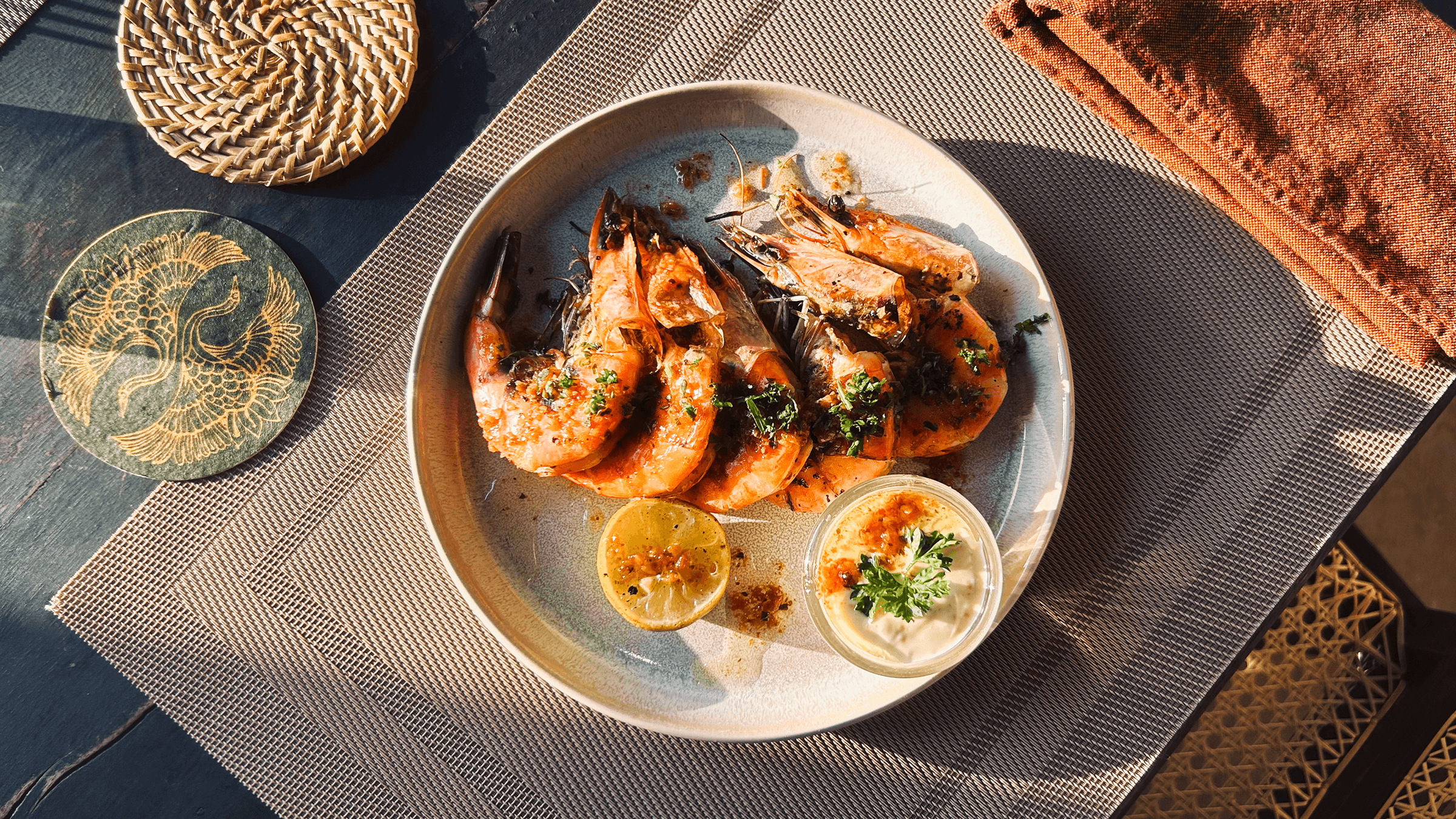
Perhaps improbably, I’ve also eaten some of the tastiest Italian food of my life since living here. Set up by a trio of friends from Italy, Aqua runs three sites in the old fortified part of Galle: Aqua Forte, a white-table-cloth fine-dining experience, Aqua Pizza, which serves a limited menu of excellent sourdough pizza, and Aqua Forno, a café and bakery.
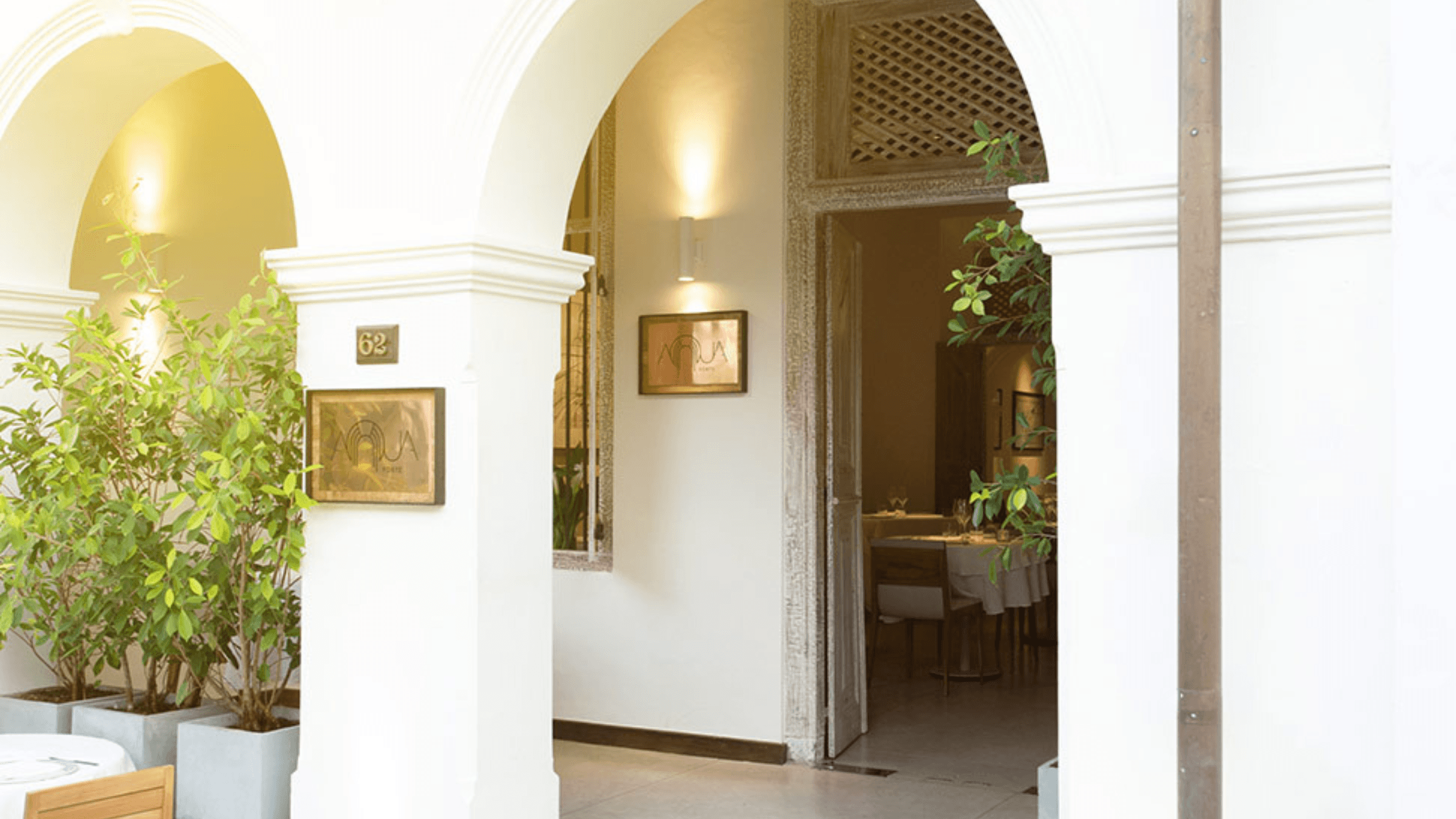
Since launching in 2019, Manager Paolo Gavioli and Head Chef Roberto Vicario have built a slick operation which places authenticity above all else. “We have always been clear about our identity,” they told me. “Bringing Italian fine-dining to Sri Lanka involves jumping through so many hoops, so it would be easy to cut corners. But we won’t compromise on the things that matter.” In practice, this means navigating ever-changing importing regulations to continue serving the best wines, meats, and cheeses; identifying exactly which fisherman along the coast catch the best fish every morning; and designing an elaborate training programme for restaurant staff and chefs. The team at Aqua has grown to more than fifty, with many of the original employees now holding management positions. This is particularly impressive in the context of Sri Lanka, where the talent landscape is complicated by the hundreds of thousands of people who opt to leave the country to secure overseas employment each year. Retaining hospitality talent is no easy task.
The talent landscape is complicated by the hundreds of thousands of people who opt to leave the country to secure overseas employment each year. Retaining hospitality talent is no easy task.
Away from food, I’m lucky enough to live a stone’s throw away from one of the south coast’s most exciting new shops. In preparation for this trip, I’d bought myself a Kindle, assuming that English language fiction might be hard to come by. Happily for me, Wild & the Sage had opened just six months before we arrived. Set in a beautiful colonial building – all pitched rooves, black beams, and ornate exterior cornicing – the café bookshop sells a fantastic range of hand-selected fiction and non-fiction. Thanks to the passion of owners Joseph De Alwis and Giselle Harding, Wild & the Sage has become something of an arts and literary hub, catering both to the local community and tourists.
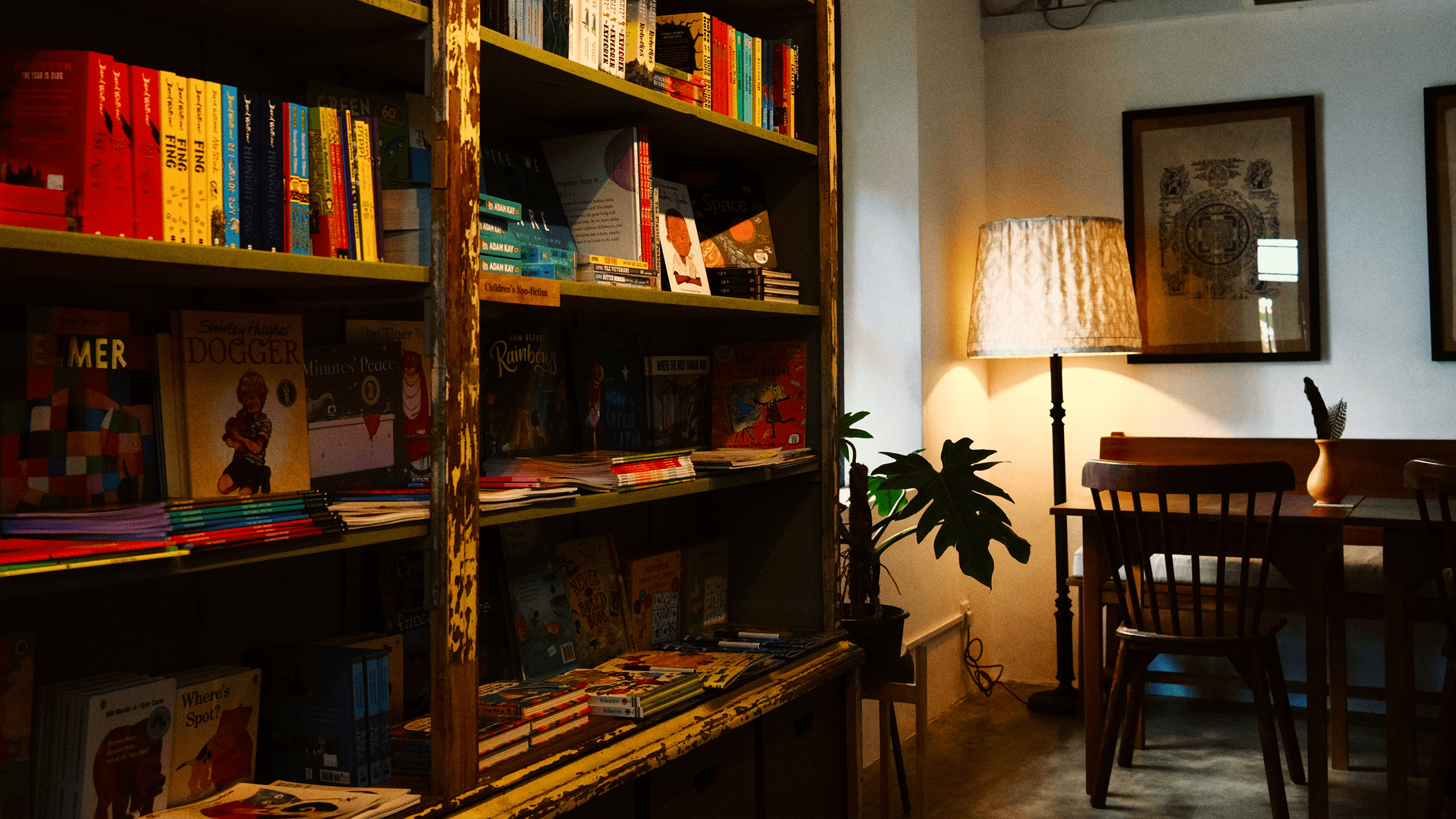
A visit to Colombo is a chance to see the consumer industry on a larger scale. Here, PickMe tuk-tuks congregate on street corners, waiting for passengers on the ride hailing app. UberEats and Deliveroo have a presence in the capital, competing with the home-grown competitor Eatts. Shopping malls house familiar quick service restaurant names, international fashion brands, and an increasing number of experiential destinations like gaming centres. Interestingly, a significant portion of the Sri Lankan consumer industry can be traced back to one holding company: John Keells Holdings, which owns multiple hotel chains, supermarkets, FMCG brands, and food manufacturers. Colombo is also the centre of the Sri Lankan art scene. Gallerist Saskia Fernando owns the country’s only commercial gallery, where she champions local creatives and works to lift Sri Lankan artists onto the world stage.
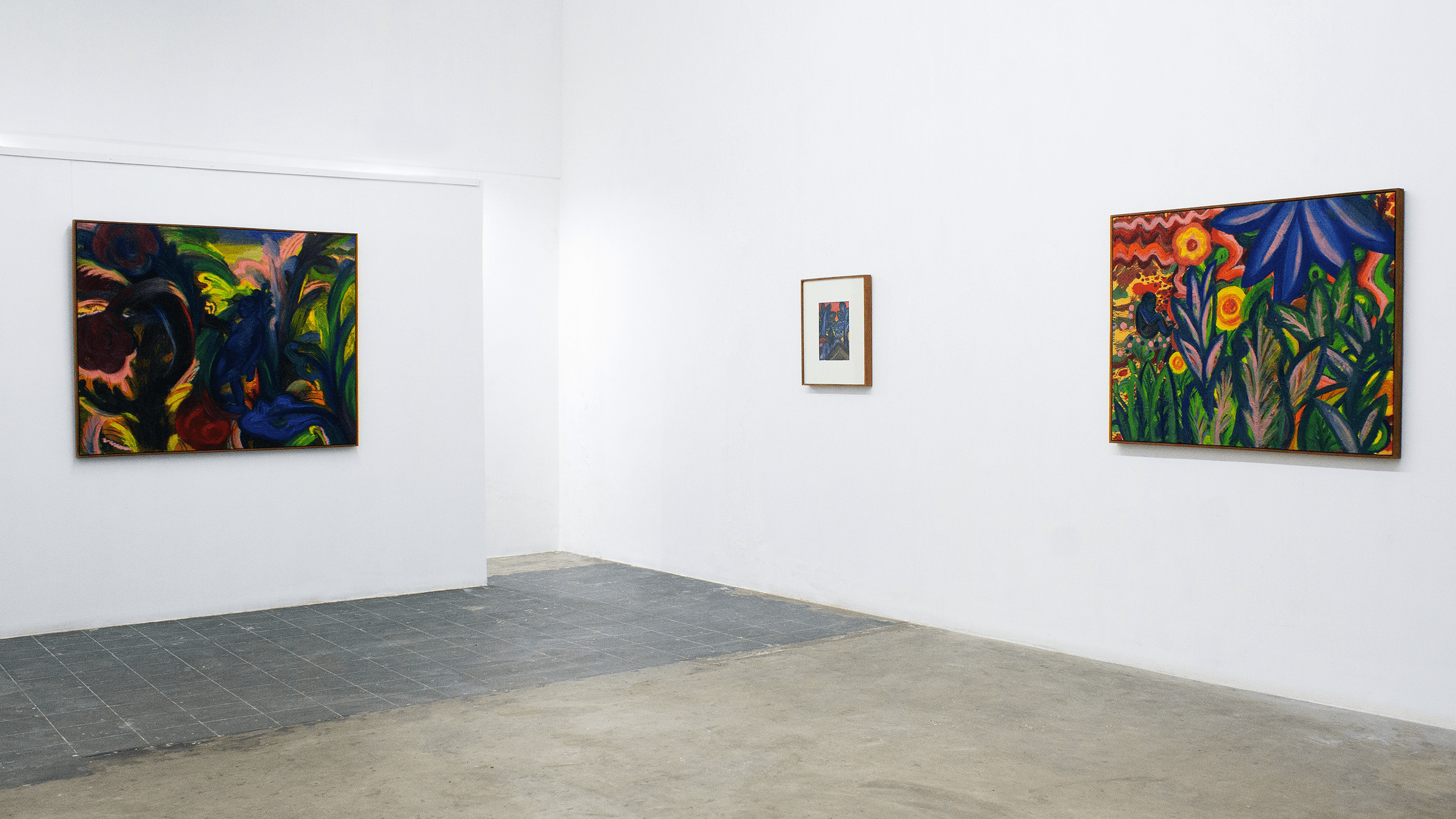
What a privilege it is to be in an era where remote working is possible. Pre-Covid, the idea of spending months at a time so far from the office would have been unthinkable, and it is a mark of how far the corporate world has moved – and the power of supportive businesses like MBS – that I’ve been able to continue business-as-usual. Of course, there have been challenges. Five-and-a-half hours is not an insignificant time difference, and embracing a flexible approach to hours (often accepting the impossibility of a hard stop at the end of the day) has been central to my experience. Covid taught us all what a difference an informal chat with your colleague can make, and I’ve found this to be a critical lesson for working from abroad – especially when the rest of your team are together and your day-to-day experiences might look very different.
Living in Sri Lanka has been endlessly rewarding on a personal level, and it has been such a joy to meet the business owners who are bringing something new to their corner of the sector. But this period has also been a stark reminder of the relative sophistication of consumer-facing industries in the UK. When I landed in London yesterday afternoon, it was a mark of how long I’d been away that buying my onward train ticket in a matter of seconds via the Trainline app felt strangely thrilling. Whether it’s a charming book shop, a well-stocked supermarket shelf, or an automated subscription service, there’s certainly lots that I’ll never again take for granted. And while Zoom calls and shared online documents make working from abroad a largely seamless experience, I can’t wait for this week of catching up with colleagues in person.





